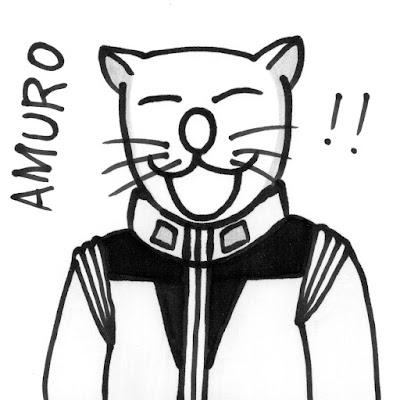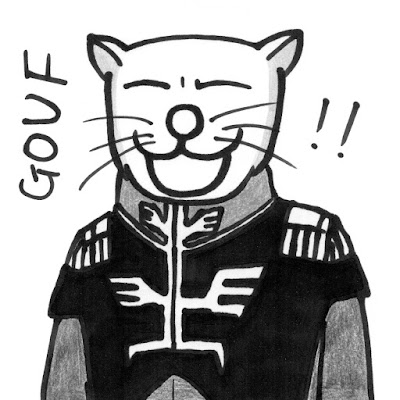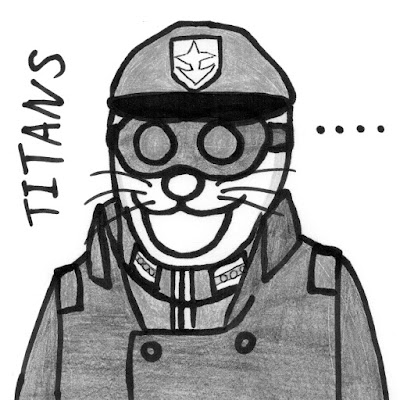終

Today's Chinese character of Japanese is "終". This Chinese character means end. You can watch how to write this. - ( 「終」の書き順(筆順)動画 - 漢字書き順辞典 ) There are 3 main ways to read this, "おわる (終わる)" or "おえる (終える)" or "しゅう". "終わる (おわる)" and "終える (おえる)" are verbs which mean end. Let's finish our study of Chinese character. Please learn a variety of vocabulary, and study grammar. It is important to keep studying the language. Good luck! By Higashi-Mikawa Kyōjindō Shujin (東三河狂人堂主人) ・ 索引に戻る:To return to index











































